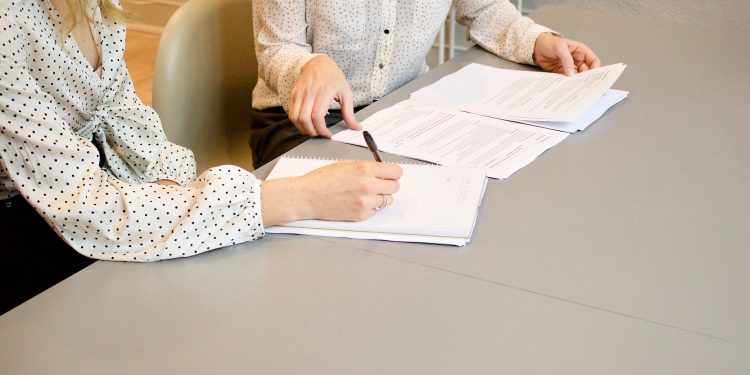Making a will is one of the most important things you can do for your loved ones. After you pass away, your Wills Acknowledgment of Death works to ensure your wishes are fulfilled. This can provide financial stability for those who care about you. We’ll take you to step by step through the process of preparing a will, from start to finish. We’ll discuss what to include in your choice and how to choose an executor and beneficiary. You may ensure that your loved ones are looked after by following these guidelines!
Establish an Executor
A will may be administered and executed as you wish by a personal representative, which can be either an attorney or a spouse, adult child, trusted friend, or professional lawyer. A personal representative will handle the distribution of your property and assets and communicate with the beneficiaries regularly. The probate court also supervises executors to ensure that the will is carried out correctly and that all the deceased’s wishes are satisfied.
Name the Beneficiaries
When you die, the people left behind will inherit your assets. This might include your spouse, children, relatives, and close friends. It is essential to list the full names of your beneficiaries so that there are no questions about who gets what. You can also donate a part of your estate to a charity or organization you believe in.
Create a Guardian for Your Minor Children
This clause should be included in your estate plan if you have young children. Being a responsible parent is one aspect of being a good parent. Consider all of your options before naming a guardian for your children. Consider their financial status, values, beliefs, and parenting style before making an appointment.
Organize and Designate Your Assets
You may simplify listing your assets in your estate planning document by organizing and designating them. You can quickly identify your beneficiaries for life insurance policies, making the task easier for your agent. Your possessions might include:
- Real estate property
- Coveted possessions
- Family heirlooms
- Stocks, mutual funds, bonds, or other investments
- Intellectual property
- Cash-checking and savings accounts
- Business ownership
- Retirement accounts
- Personal items
Get a Will Signed by Witnesses
You should not have potential beneficiaries be witnesses, or their signatures should be notarized if they are minors. Make sure to have at least two witnesses sign your will.
Sign Your Will
A will must be signed and dated by the person who creates it for it to be legally binding. The person making the will should swear in the presence of two witnesses. In Louisiana, you must also have your paperwork notarized. It may be a great idea to get a self-proving affidavit. This is a notarized statement that proves the validity of the will maker’s will.
Write a Letter with Your Will
You may use an additional letter with your will to express some last words of love and encouragement to your loved ones. If the choice has vague language, the court might require a letter from the deceased. It is critical to note that the letter is a feeling statement that can clarify why particular items or property of the testator were given to the beneficiaries.
Store Your Will Safely
Before processing a will, the court generally requires access to the original intention. Keeping your will in a safe place becomes critical. Avoid keeping it at a bank where gaining additional permissions to access the document is required. It’s an excellent option to keep your will in a legacy drawer, which is both waterproof and fireproof and can be installed inside your home.





